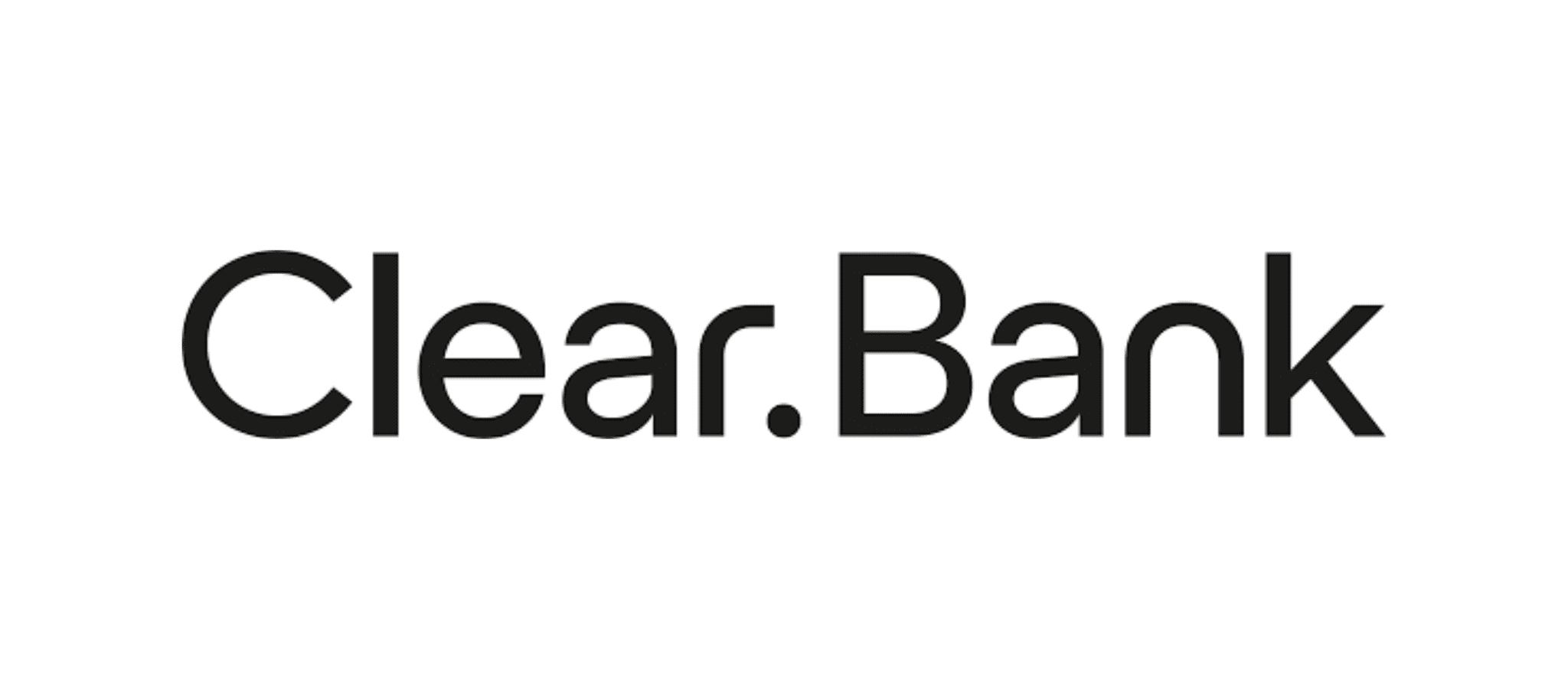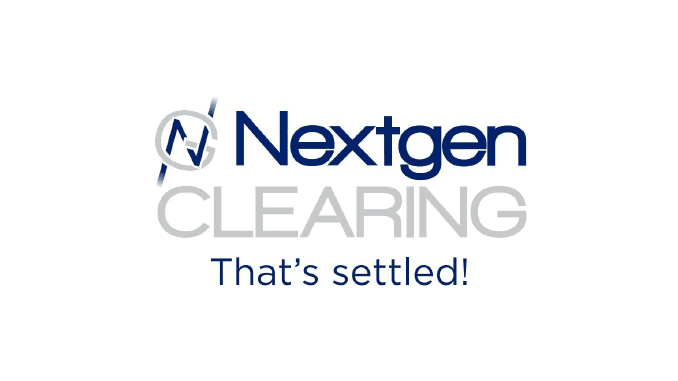In the world of financial technology, or FinTech, organisations strive to deliver cutting-edge solutions while maintaining the highest standards. Achieving and maintaining internationally recognised standards is essential to gaining trust and credibility in this dynamic sector. ISO standards — ISO 9001, ISO 27001, and ISO 14001 — play a pivotal role in elevating FinTech operations.
FinTech refers to organisations that leverage technology to deliver innovative financial services and solutions. These range from payment processing and lending platforms to robo-advisors and blockchain applications. With the rapid digitisation of finance, FinTech has become a driving force in the global financial landscape.
Quality Management to ISO 9001 for FinTech
ISO 9001 is a globally recognised standard focused on quality management systems. It provides a framework that enables organisations to consistently deliver products and services that meet customer requirements while continuously improving their processes.
Why ISO 9001 for FinTech?
ISO 9001 provides a structured framework for managing processes, improving customer satisfaction, and fostering a culture of continuous improvement.
This standard is particularly beneficial for FinTech firms as it enables them to streamline operations, enhance customer trust, and stay ahead in a highly competitive market.
Requirements of ISO 9001
- Establishing a Quality Management System: This involves defining processes, responsibilities, and resources required to meet quality objectives.
- Customer Focus: Organisations must understand and meet customer needs while aiming to enhance satisfaction.
- Process Approach: A systematic approach to managing processes and their interactions is crucial.
- Continuous Improvement: Regularly reviewing and improving processes to ensure they remain effective and efficient.
Information Security Management to ISO 27001 for FinTech
ISO 27001 is a globally recognised standard for information security management systems (ISMS). It provides a systematic approach to managing sensitive information and ensuring its confidentiality, integrity, and availability.
Why ISO 27001 for FinTech?
In the FinTech sector, where handling sensitive financial data is paramount, ISO 27001 plays a crucial role.
By implementing this standard, FinTech organisations can establish robust controls to protect customer information, mitigate cybersecurity risks, and demonstrate their commitment to safeguarding valuable data assets.
This not only instills trust in clients but also positions the organisation as a reliable and secure partner in the digital financial landscape.
Requirements of ISO 27001
- Risk Assessment and Management: Identifying and managing information security risks through a systematic risk assessment process.
- Information Security Policy: Establishing a clear and comprehensive policy outlining the organisation’s commitment to information security.
- Access Control: Implementing measures to ensure that information is accessed only by authorised personnel.
- Incident Response and Management: Establishing procedures for detecting, reporting, and responding to security incidents.
Environmental Management to ISO 14001 for FinTech
ISO 14001 is an internationally recognised standard for environmental management systems (EMS). It provides a framework for organisations to proactively manage environmental impacts and demonstrate a commitment to sustainability.
Why ISO 14001 for FinTech?
While FinTech organisations are primarily digital, they still have an environmental footprint. Implementing ISO 14001 allows them to assess, monitor, and reduce their environmental impact.
This not only aligns with global sustainability goals but also demonstrates a commitment to responsible business practices, which can be a significant differentiator in the market.
Requirements of ISO 14001
- Environmental Policy: Establishing a clear environmental policy that reflects the organisation’s commitment to compliance and sustainability.
- Legal and Regulatory Compliance: Ensuring adherence to relevant environmental laws and regulations.
- Environmental Objectives and Targets: Setting specific goals for improving environmental performance.



